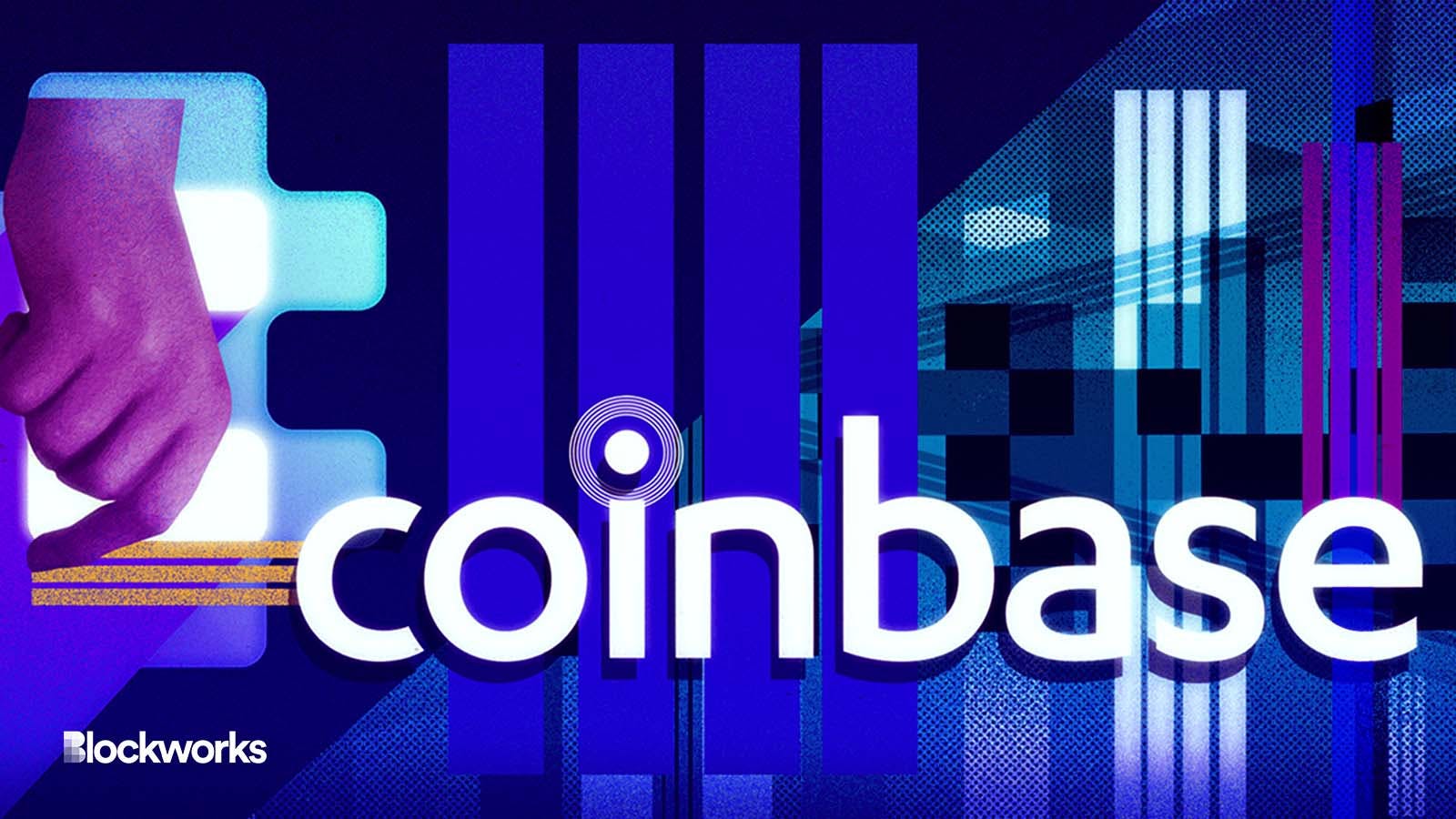Traders Still Prefer Centralized, Trading Volume Suggests
In the second half of 2022, Coinbase and Uniswap were fairly evenly split on trading market share, but Coinbase has reclaimed a top spot

Artwork by Axel Rangel, modified by Blockworks
Publicly-traded crypto exchange Coinbase has maintained higher trade volumes than decentralized counterpart Uniswap so far this year, suggesting traders may not be as regulation-hesitant as originally thought.
Investors may have been fretting that the SEC, which has taken some swings at the crypto industry this month, would set its eyes on Coinbase — but traders so far have not shied away from the exchange.
In the second half of 2022, Coinbase and Uniswap were fairly evenly split on trading market share. But since the start of 2023, Coinbase has dramatically increased trading volume, according to data from research firm Kaiko.
“The Coinbase/Uniswap indicator seems to be one of the best metrics for tracking trader preferences, and it will be interesting to keep an eye on it amid the latest round of centralized exchange fears,” Kaiko analysts wrote in a note Tuesday.
Coinbase is slated to report its 2022 fourth quarter earnings Tuesday after the close. Analysts are calling for a 61% year-over-year drop in revenue in 2022 and will be keeping an eye on staking and trading fee revenue, through which the exchange has tried to diversify.
The report comes as analysts and investors speculate how Coinbase competitor Kraken’s settlement with the SEC over its staking offering may impact Coinbase. The SEC claimed Kraken’s offering constituted an unregistered security.
Coinbase CEO Brian Armstrong said in a tweet earlier this month he’d heard rumors the agency wanted to shutter all staking operations in the US.
“Regulation by enforcement doesn’t work. It encourages companies to operate offshore, which is what happened with FTX,” Armstrong said at the time.
As uncertainty continues, Ledger’s global head of policy Seth Hertlein reminds traders that Kraken’s settlement is not setting any sort of precedent.
“The settlement did not create any new rules or law in the United States, and it’s not binding on anyone besides Kraken, who agreed to it,” Hertlein said during a Twitter Spaces with Blockworks. “The scope is actually quite limited.”
Get the news in your inbox. Explore Blockworks newsletters:
- The Breakdown: Decoding crypto and the markets. Daily.
- 0xResearch: Alpha in your inbox. Think like an analyst.






